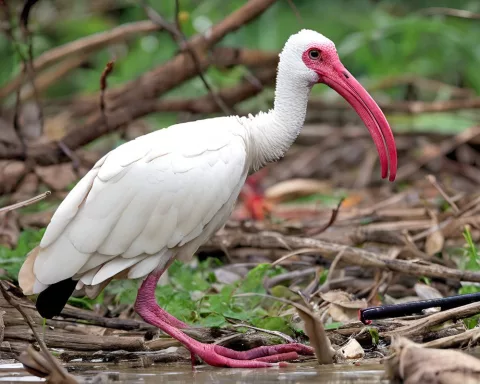The recent taxi strike in Cape Town has finally come to an end, much to the relief of the city’s tourism sector. The South African National Taxi Council (SANTACO) and the Western Cape Government, along with City of Cape Town officials, managed to reach an agreement that brought the strike to a halt.
Impact of the Strike
This taxi strike had a significant impact on various industries and the daily lives of Cape Town residents. Schoolchildren were unable to commute, people could not get to work, or access essential services like hospitals and clinics. The city’s visitors also faced the brunt of the strike, as the violence not only affected the residents but also those who were visiting South Africa.
Condolences and Calls for Peace
The loss of human life during the strike was tragic, and the tourism sector conveyed its deepest condolences to the families and friends of those who lost their loved ones in the violence. The hope remains that such devastating acts will never be repeated, and that all parties involved, including the government and related organizations, will work to resolve disputes amicably and within the framework of the law.
The violent attacks on human lives were deemed unacceptable, and the tourism sector urged all parties to continue engaging in a peaceful and collaborative manner to ensure progress and fairness for everyone.
Rule of Law and Respect for Others
In order for society to function properly, it is crucial to acknowledge the roles played by all sectors, including the taxi industry. However, it is also essential for everyone to obey the rule of law and show respect for others, as nobody is above the law.
Opportunity for Normalcy and Growth
The end of the taxi strike in Cape Town is an opportunity for life, work, and travel to return to normalcy as everyone collaborates to grow the economy and create more jobs for the people. The taxi industry plays a critical role in the daily lives of residents and visitors, but it must adhere to the rule of law and respect others to ensure a peaceful and prosperous coexistence.
Importance of Peaceful Resolution and Dialogue
The strike shone a light on the importance of peaceful resolution and dialogue in times of conflict. It is through amicable discussions and negotiations that progress can truly be made. The tourism sector, among others, relies on the stability and security of the city to grow and thrive. It is in the best interest of everyone to find solutions that are fair and beneficial for all parties involved.
In conclusion, the end of the taxi strike in Cape Town has brought much-needed relief to the tourism sector and the city’s residents. The hope remains that the lessons learned from this challenging period will lead to improved communication and collaboration between the taxi industry, the government, and other stakeholders. This, in turn, will contribute to the growth and prosperity of the city and the country as a whole.








